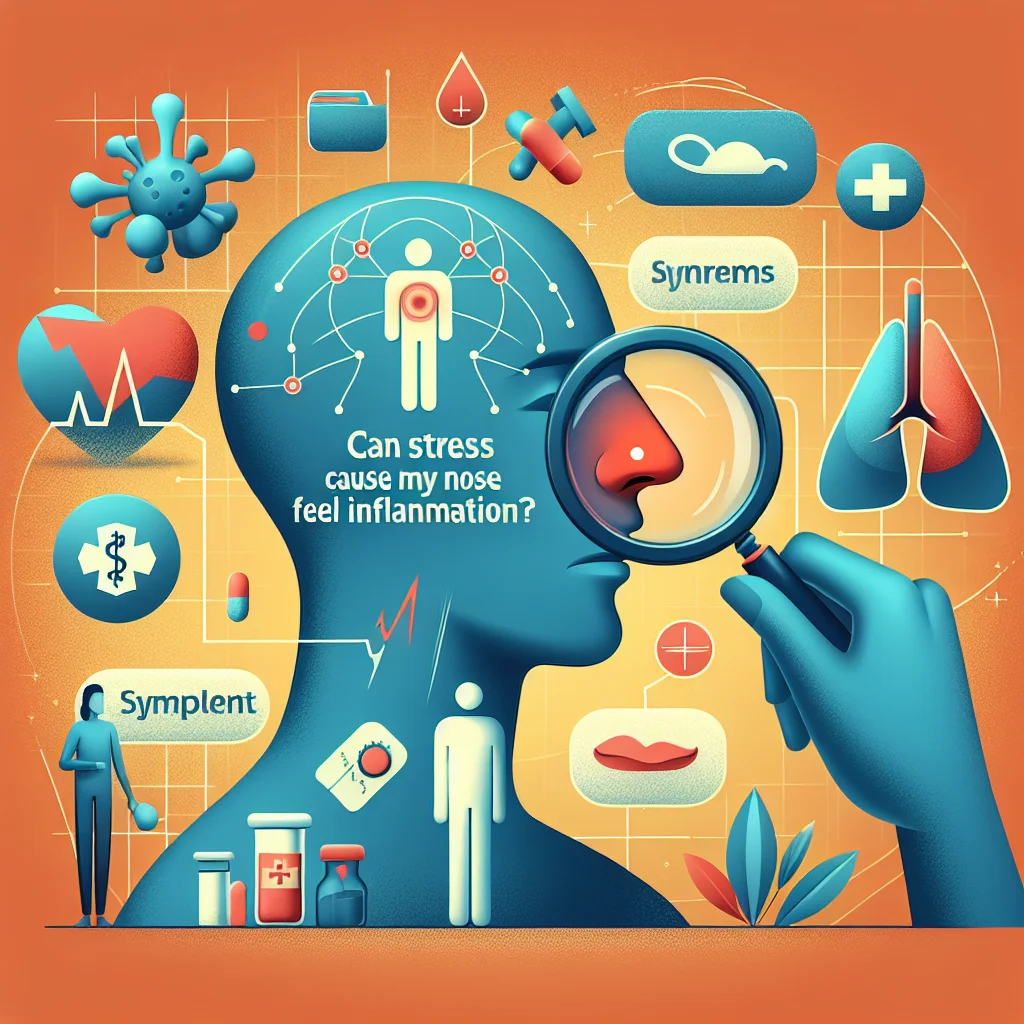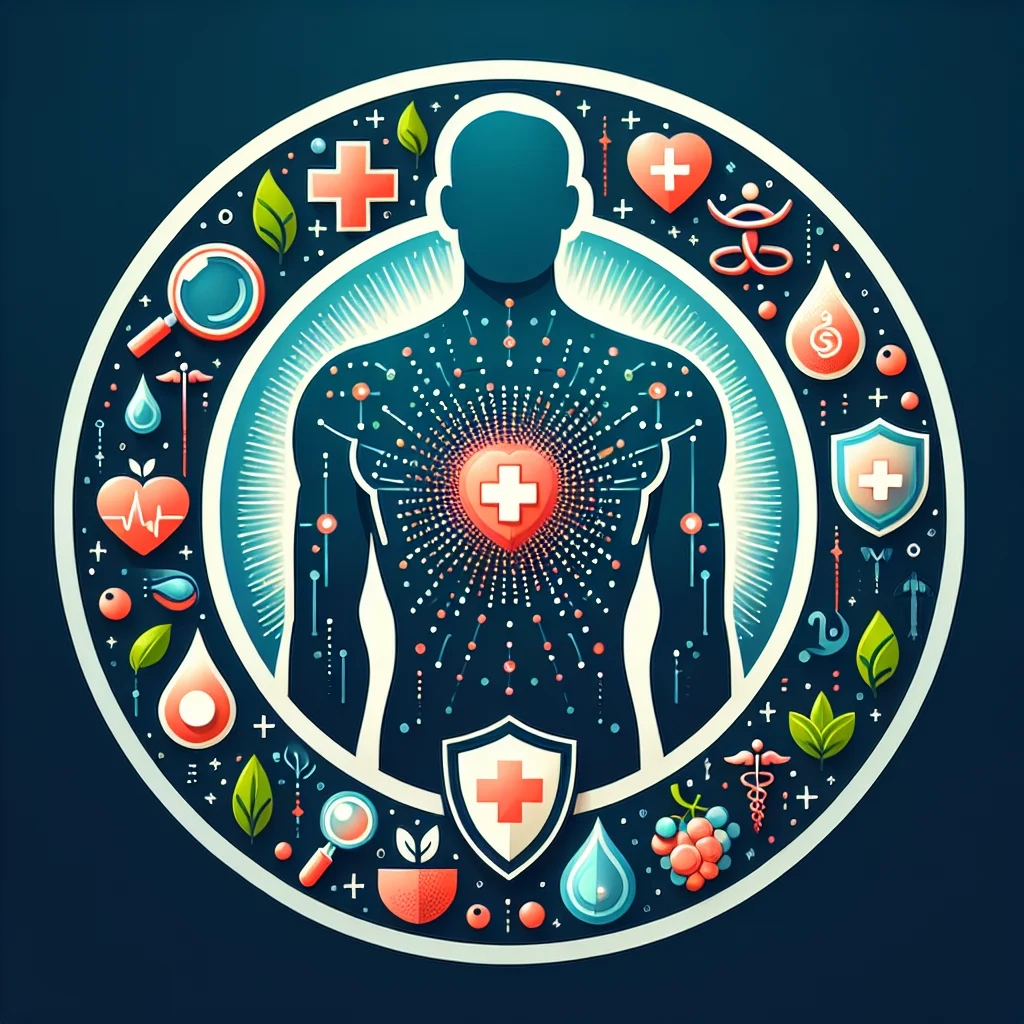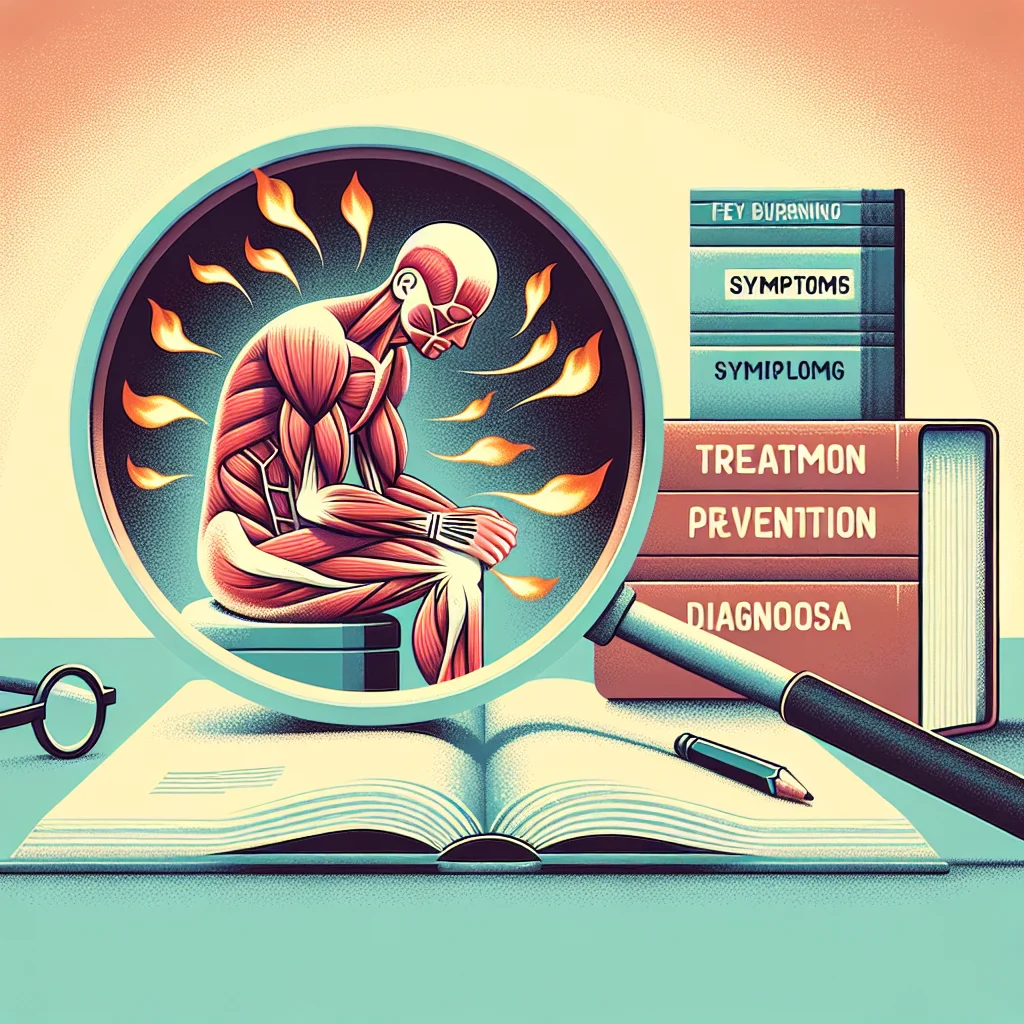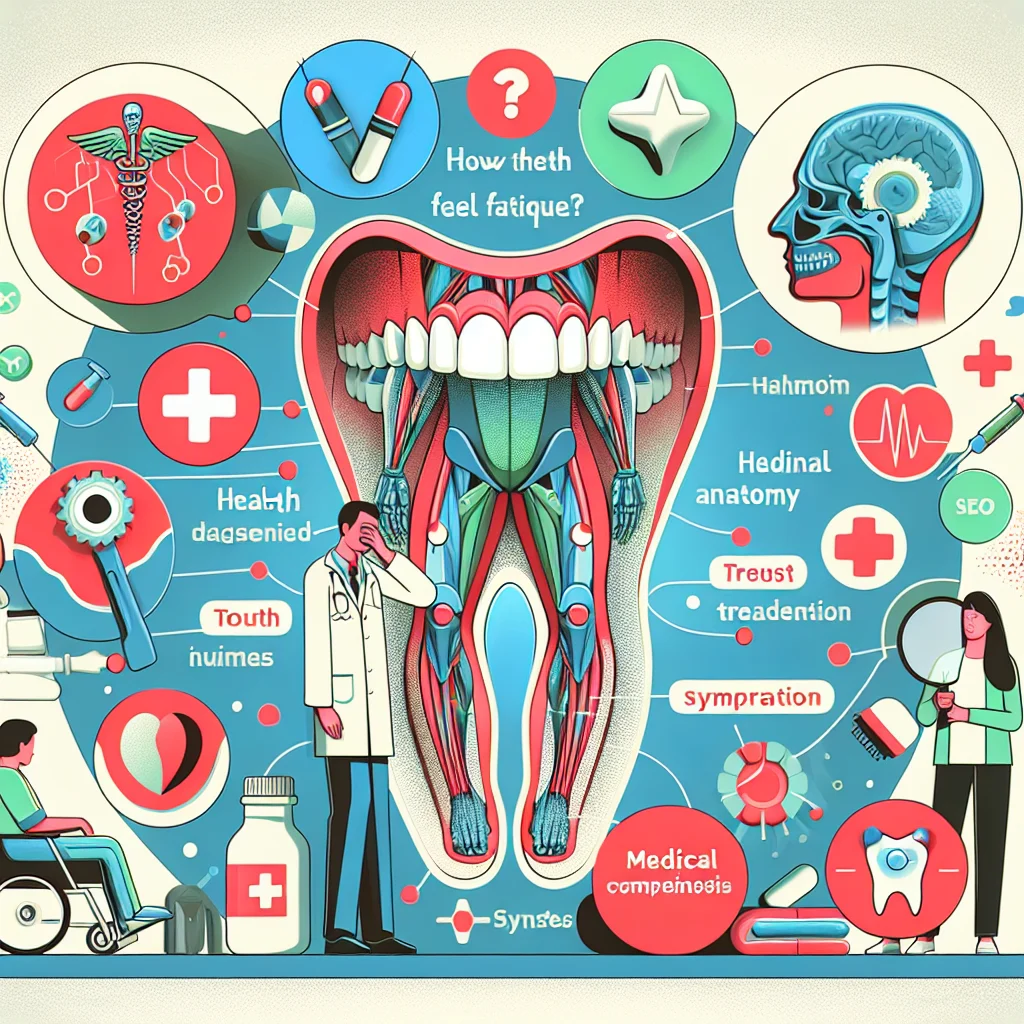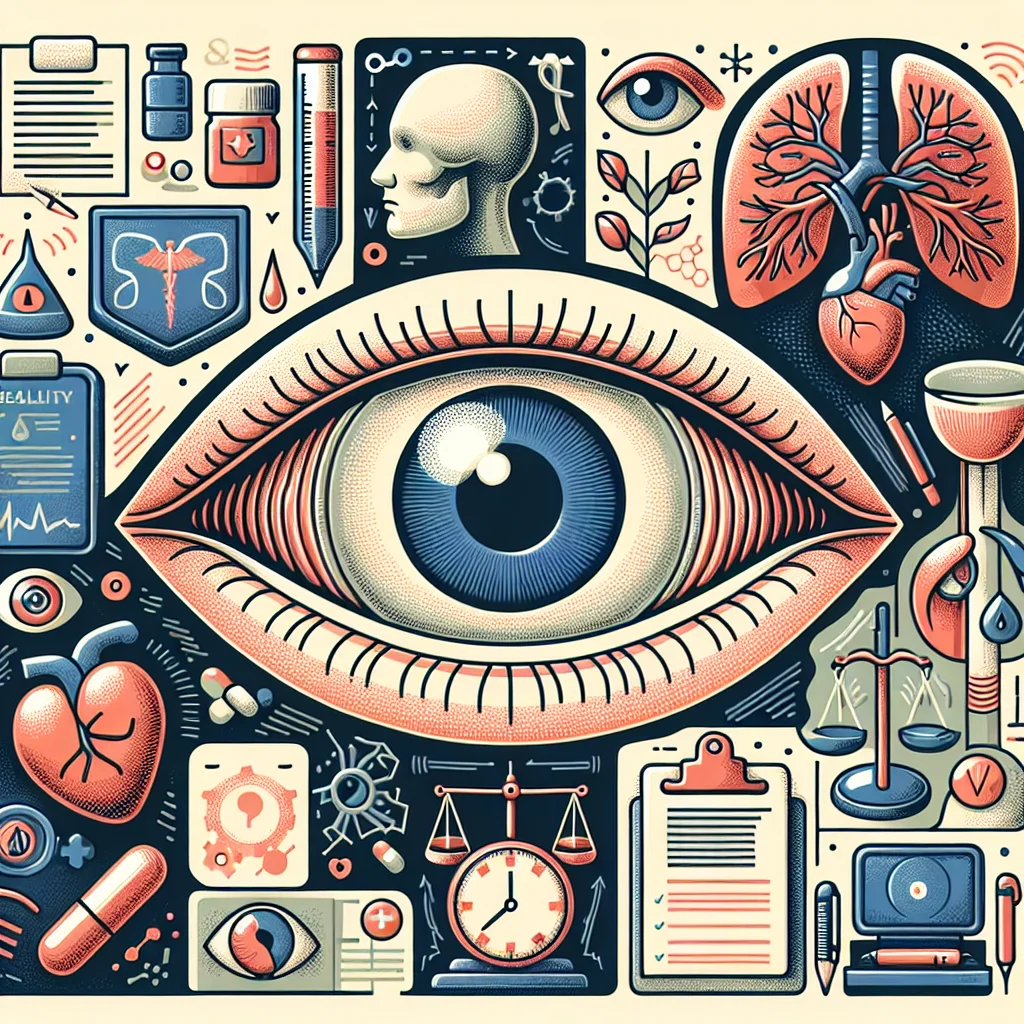
Possible Causes and Medical Insights
Feeling pressure in your eyes can be concerning, but understanding the potential causes can help ease your worries. One common reason for experiencing eye pressure is elevated intraocular pressure, often linked to conditions like glaucoma. Other causes may include sinus infections, allergies, eye strain from prolonged screen use, or inflammation due to underlying medical issues. Each of these can create a sensation of fullness or tension around the eyes, sometimes accompanied by other symptoms.
It’s essential to recognize that eye pressure does not always indicate a serious problem. Temporary factors such as tiredness, dehydration, or minor infections can lead to similar sensations. However, persistent or severe eye pressure may point to underlying health conditions that require medical attention. Understanding why you are experiencing eye pressure is the first step in addressing your symptoms and seeking appropriate care.
Symptoms and Risk Factors
When asking, "Why am I experiencing my eyes feel pressure?", it's important to look for related symptoms. These may include headaches, blurred vision, redness, watering, or sensitivity to light. Some people may also notice halos around lights or a feeling of heaviness in their eyes. Recognizing these additional symptoms can help in identifying the root cause and determining whether urgent medical evaluation is needed.
Certain risk factors make individuals more susceptible to eye pressure. These include a family history of glaucoma, chronic sinus issues, frequent use of digital devices, or underlying health problems such as diabetes or hypertension. Age can also play a role, with older adults being more at risk for eye-related pressure and complications. Being aware of these risk factors can guide your next steps in health management and prevention.
Diagnosis and When to See a Doctor
If you are experiencing ongoing or severe eye pressure, it is crucial to consult an eye care professional. A comprehensive eye examination may include measuring intraocular pressure, checking the optic nerve, and assessing your overall eye health. Diagnostic tests such as tonometry, visual field testing, or imaging studies can help pinpoint the cause and guide effective treatment plans.
It is advisable to seek immediate medical attention if your eye pressure is accompanied by sudden vision loss, intense pain, nausea, or vomiting, as these may signal a medical emergency like acute angle-closure glaucoma. For less severe but persistent symptoms, scheduling a routine eye exam can provide peace of mind and early intervention, potentially preventing long-term complications.
Prevention and Home Remedies
To help reduce the risk of experiencing eye pressure, practice good eye health habits such as taking regular breaks from screens, staying hydrated, and managing allergies effectively. Ensuring adequate sleep and maintaining a healthy lifestyle can also support your eye health. Wearing protective eyewear during activities that could injure the eyes further minimizes risk.
At home, you can relieve mild eye pressure by using warm compresses, performing gentle eye exercises, and keeping your environment free from allergens. Over-the-counter artificial tears may help if dryness or irritation is present. However, these remedies are supportive and should not replace professional medical advice. Always monitor your symptoms and consult a healthcare provider if you notice any worsening or persistent issues.


